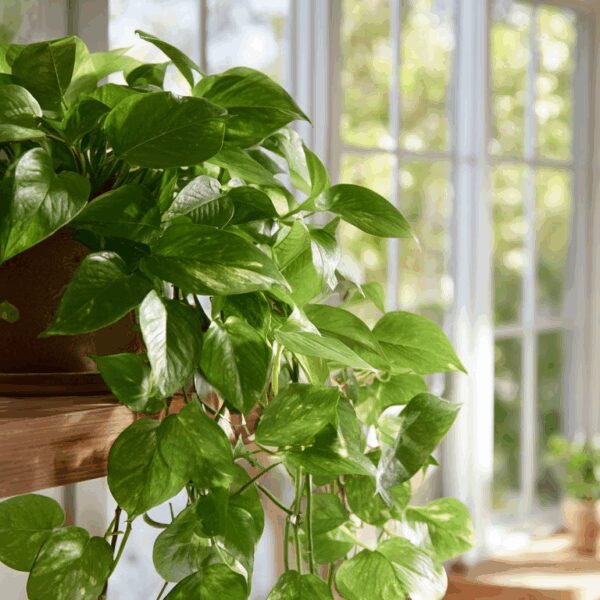Hydrangeas are among the most beloved flowers in gardens around the world. Their beauty and variety of colors make them perfect for creating suggestive and romantic corners.
However, getting lush, healthy hydrangeas without the use of chemicals can seem like a challenge.
In reality, there are natural and effective ways to improve soil health and encourage optimal growth of hydrangeas.
Let’s discover together what the secrets are to having splendid hydrangeas using only natural ingredients.
Compost: the black gold of the garden
Il compost it is one of the best allies for those who want to grow lush hydrangeas without resorting to chemical fertilizers.
A pool noodle will revolutionize the way you dry your clothes
Rich in essential nutrients, compost improves the structure of the soil, increasing its capacity to retain water and promoting root development.
To make good compost, collect organic kitchen waste such as fruit and vegetable peels, coffee grounds and egg shells. Also add dry leaves, grass clippings and small branches.
Mix everything regularly and, after a few months, you will have mature compost ready to be used in your garden.
Tea leaves: a panacea for the soil
The tea leaves used they can be an excellent natural soil improver for hydrangeas. Rich in tannins and other beneficial compounds, tea leaves improve soil structure and provide valuable nutrients to plants.
After brewing the tea, do not throw away the used leaves. Sprinkle them directly on the soil around the hydrangeas or add them to the compost. This way, you will help keep the soil fertile and well-drained.
Banana peels: natural energy for your plants
The banana peels they are another natural ingredient that can work wonders for your hydrangeas. Rich in potassium, phosphorus and calcium, banana peels help strengthen plants and stimulate flowering.
Cut the banana peels into small pieces and bury them in the soil around the hydrangeas. Alternatively, you can prepare an infusion by placing the peels in water for a few days and then use the water obtained to water the plants.
Wood ash: a natural fertilizer
The wood ash It is an excellent natural fertilizer that can be used to improve the quality of hydrangea soil. Rich in potassium and other essential minerals, ash helps balance soil pH and provide important nutrients to plants.
Sprinkle a small amount of ash around the hydrangeas and mix it with the soil. Be careful not to overdo it, as too much ash can make the soil too alkaline.
Vinegar: an ally against limescale
If you live in an area with hard water, thevinegar it can be a valid help in keeping your hydrangeas healthy. Hard water contains high levels of limescale which can build up in the soil and hinder the absorption of nutrients by plants.
Add one cup of white vinegar to 10 gallons of water and use this solution to water your hydrangeas once a month. This simple trick will help reduce limescale buildup in the soil and keep your plants healthy and vigorous.
Share these tips with your friends on social media!







